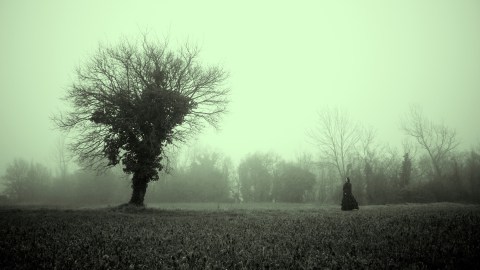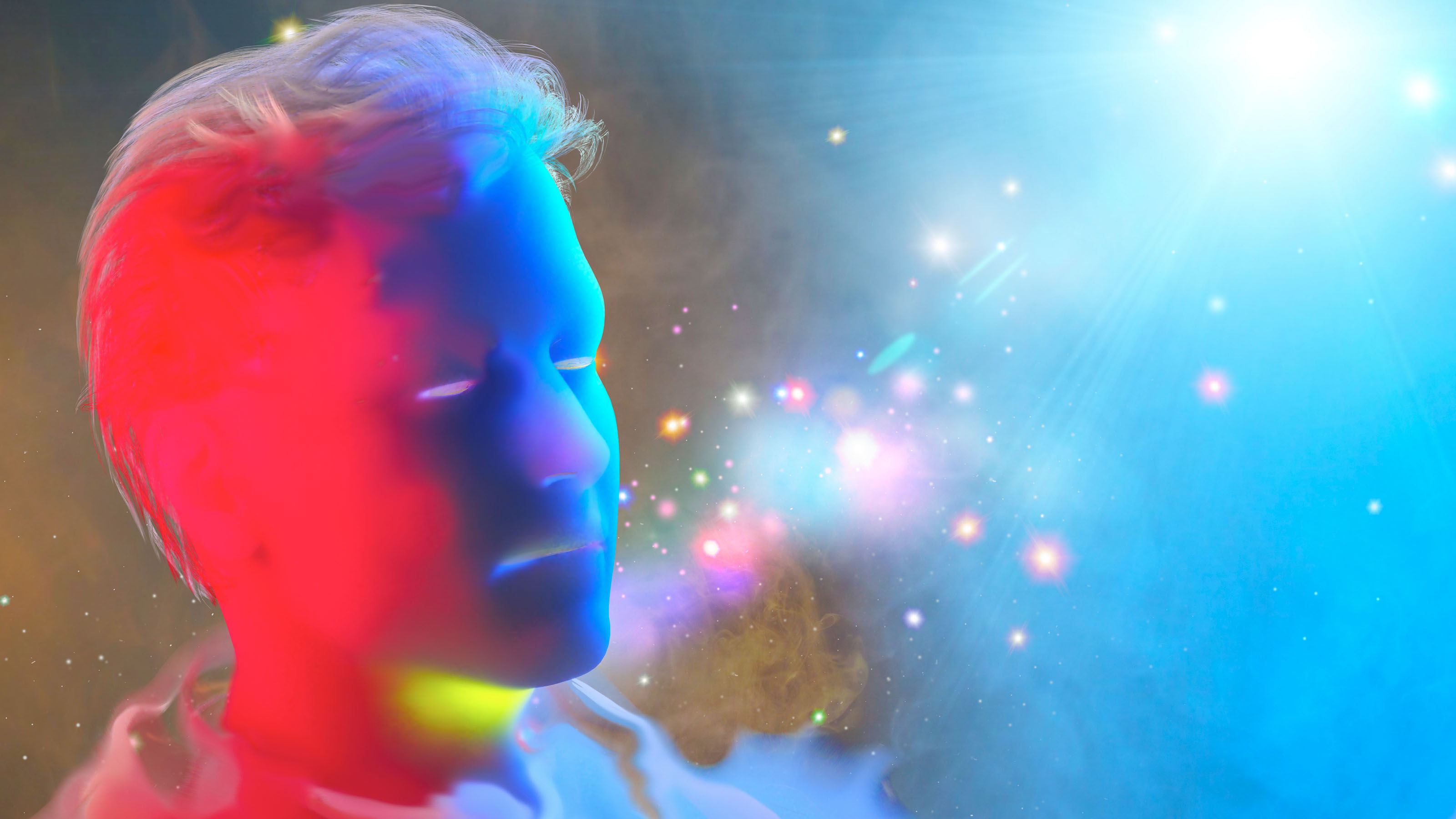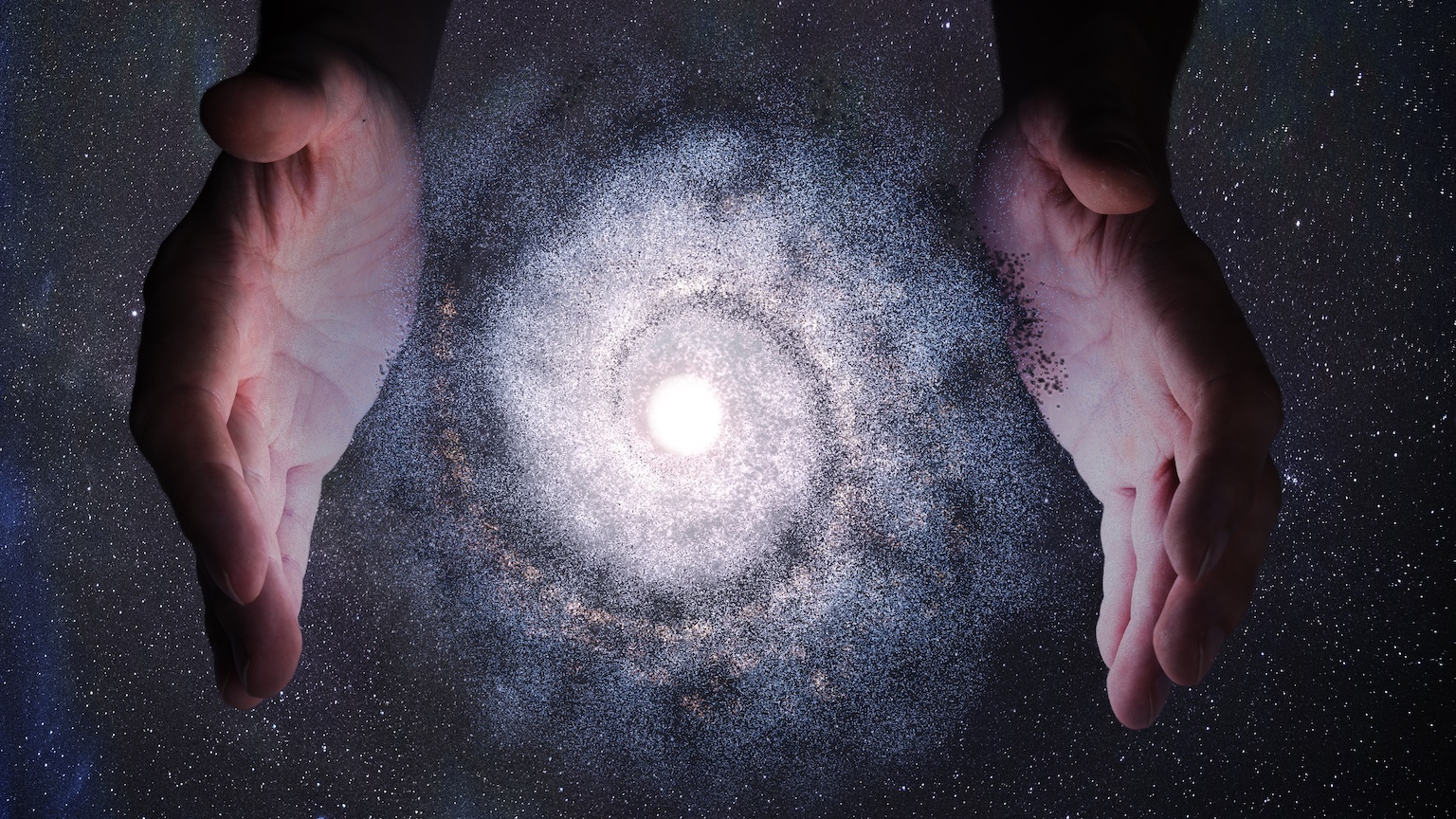If ghosts are real, then they aren’t supernatural

- The scientific method is a way to understand everything that exists — and, if something exists, it is by definition natural.
- If ghosts exist, they should emit light; if telepathy is real, it should activate the parts of the brain involved in communication.
- If such phenomena prove to be real, then they should be classified as “natural,” not “supernatural.”
Long before humanity learned to write, stories were told about spirits and demons and things that go bump in the night. Similar stories are told today involving religious beliefs, extrasensory perception, auras, miracles, and ghosts, just to name a few.
I’m a scientist, and therefore it should surprise no one that I am skeptical of all such beliefs. In conversations with people who embrace them, I will point to inconsistencies in their ideas, or to reasons why I don’t accept their conclusions. Often these conversations will conclude with the other person saying, “Of course you don’t believe in this. You’re a scientist. You don’t know anything about this. It’s supernatural.”
What does “supernatural” mean?
With the invocation of that word — supernatural — the look on their face often says “gotcha,” conveying that they consider the conversation over and that they have carried the day. By their understanding of the word supernatural, they have elevated their position to be beyond the scrutiny of science. They wield “supernatural” as a talisman against the baleful eye of science.
However, I have never accepted that response. The scientific method is designed to help humanity understand the phenomena found in nature and the laws that govern them. Essentially, the scientific method is a way to understand everything that exists — and, if something exists, it is by definition natural.
The Earth, the sun, the sky? They exist, and science can help us understand them. Unicorns, dragons, and pixies? They don’t exist, and they are therefore outside the realm of science. Abstract things like red and love and anger? Those things do exist, and science can study them, albeit in a way that seems indirect. For example, what we call “red” is a combination of a wavelength of light, the chemistry of photosensors in the eye, and the neurology of the brain.
Similarly, if gods and souls and ESP and similar phenomena exist, they are also natural. People claim they see ghosts, which implies that ghosts can emit light. People claim that telepathy is real, which means that the phenomenon must be able to activate the same parts of the brain that allows the receiver to understand the sent message. When the Red Sea was parted in the Book of Exodus, it was said to have been achieved by a great wind. A wind implies moving air, which means a force to move it. While I am skeptical of all such things, they imply that the paranormal world and the familiar world interact. And, if that’s true, they are amenable to scientific inquiry.
There is a distinction between something being unknown to science and something that is intrinsically beyond the ability of the scientific method to investigate. Nobody should believe that science knows everything and has all the answers; after all, I am a scientist whose very job is to make scientific discoveries. Much in the way that Isaac Newton, one of the most impactful scientists of all time, was unaware of the existence of the planet Neptune and radiation and DNA, there are presumably things that exist that the best scientists today don’t know. If I’m successful (and lucky), I will discover something that fundamentally will change our understanding of the laws of nature.
But not knowing something is different from not being allowed to ask the question and properly investigate it.
Does the “supernatural” exist?
Let’s return to the definition of supernatural, which is obviously relevant to answer the question: Does the supernatural exist? One the one hand, if the word supernatural is defined as “a phenomenon that exists, but current science is not able to explain it,” then the supernatural does exist. For example, scientists have proposed an undiscovered substance called dark matter to explain the observation that galaxies spin faster than the known laws of physics allow. While scientists would call dark matter an unproven hypothesis, using this definition, we might consider it supernatural — though few people seem to use the word in this way.
On the other hand, if the definition of supernatural is “a phenomenon that exists, but science is unable to investigate it, even in principle,” then I would say that the answer is “no.” Again, if something exists, it is by definition natural — and science can try to study it. Mind you, certainly there are questions that cannot be answered using current technology. For instance, it took a century for us to develop the ability to image gravitational waves. On an even longer timescale, it took over two millennia before researchers proved atoms were real, despite being proposed in about 400 BC.
You might think that quibbling over the definition of the word supernatural is a petty point, but it really isn’t. Indeed, it goes to the very core of intellectual inquiry, to what makes science such a powerful tool. As long as gods and ghosts and ESP are intrinsically and permanently beyond the ability of science to investigate, we will never really resolve these issues. While I remain very skeptical, I am open to being proven wrong if the evidence is strong and compelling. The goal of a scientist is not to win an argument but to be right.





